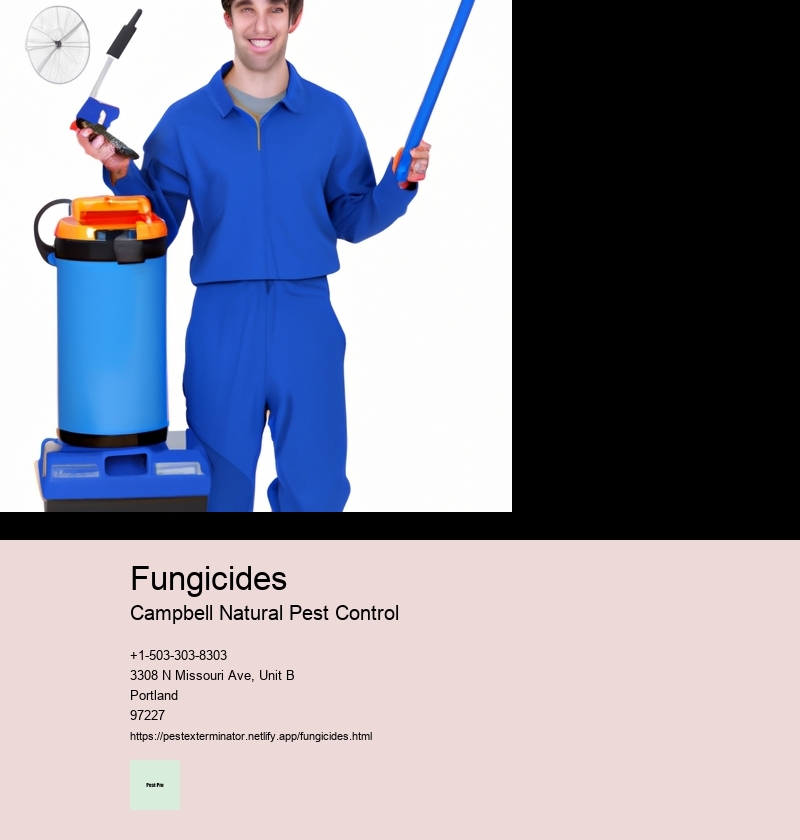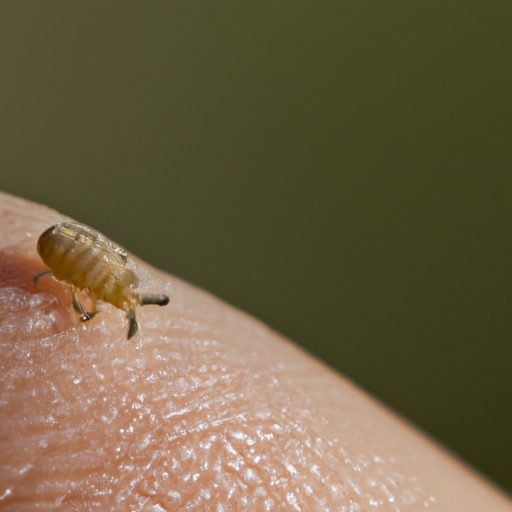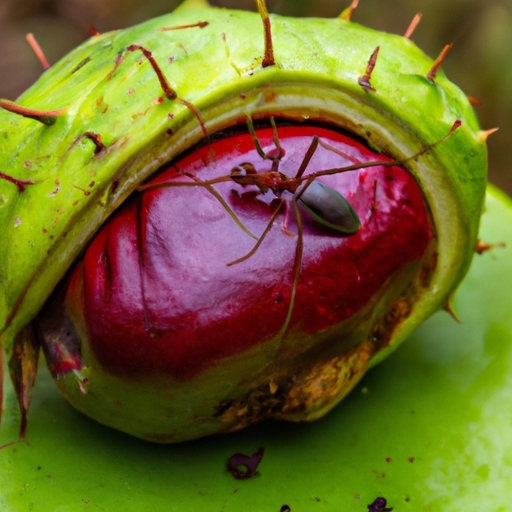Fungicides
indoor bug sprays
Fungicides are a type of pesticide used to kill or control fungi and fungal spores. They can be used to protect plants, crops, and other areas from damage caused by fungi. There are several different types of fungicides available, each designed for a particular purpose.
Broad-Spectrum Fungicides are the most common type of fungicide and they work against a wide range of fungi. These fungicides can be applied to fields or gardens to protect against many kinds of fungal diseases. Systemic Fungicides are also popular and these act as preventatives rather than cures; they penetrate into the plant tissue so that the fungus cannot take hold in the first place. Contact Fungicides, on the other hand, must come into contact with the fungus in order for them to work effectively; thus they are best suited for treating localized outbreaks of fungus. (These require more frequent applications than systemic fungicides.)
In addition, there are biological forms of fungicide, such as those using bacteria or viruses to fight off particular species of fungus! Some organic methods can also be used; these include things like garlic extract or neem oil which have natural antifungal properties. Finally, Copper-Based Fungicides rely on copper sulphate to kill off certain types of fungi - though care should be taken when using this method as it can be toxic if not handled correctly!
safe indoor bug sprays Overall, there is a large variety of different types of fungicide available depending on your needs - some may provide better results than others but all should be used safely and responsibly in order to ensure maximum effectiveness! So if you're looking for an effective way to reduce fungal growth in your garden or farmlands then one (or more) of these types may just fit the bill!




